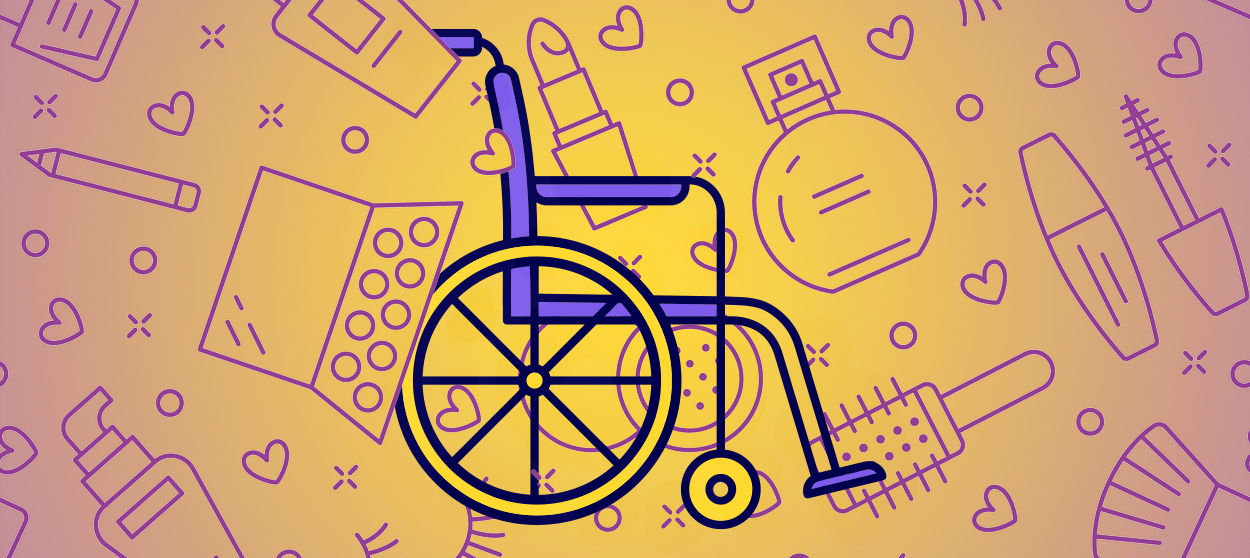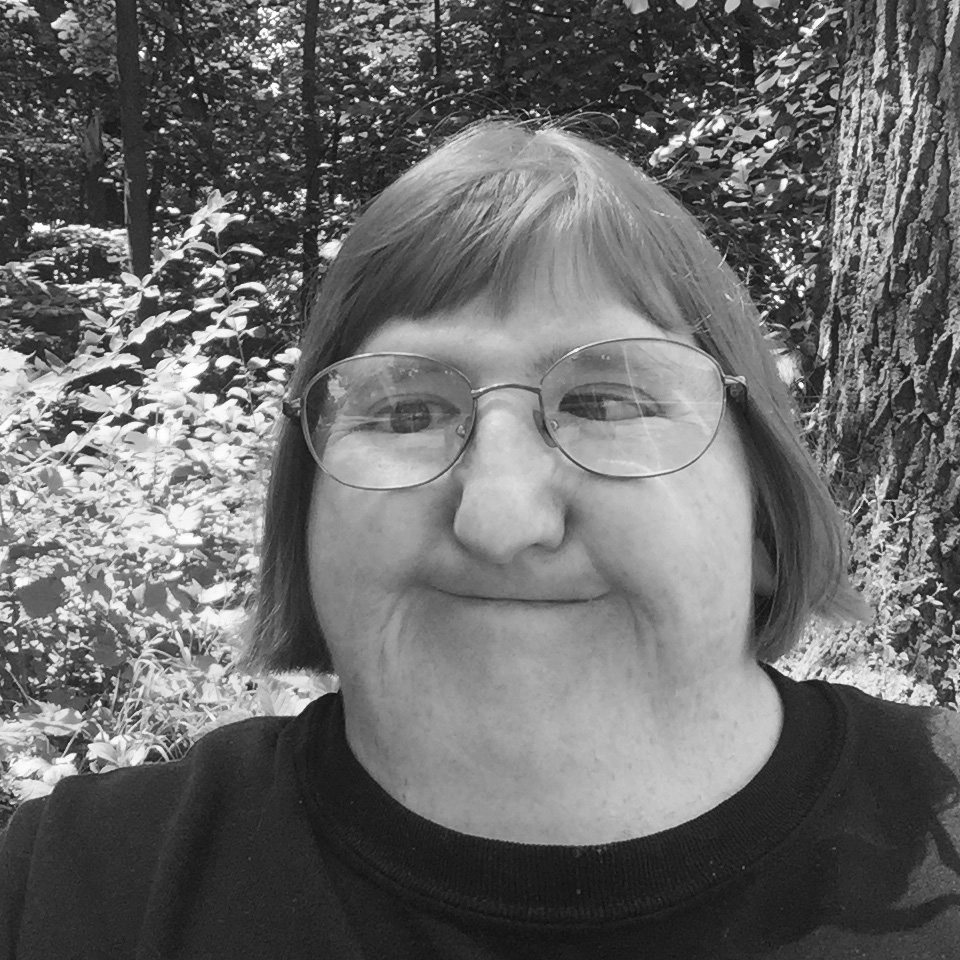How Ulta Beauty is changing beauty norms with its new wheelchair ad
Finally, the disabled community can see itself represented in the world of beauty and fashion


A free daily email with the biggest news stories of the day – and the best features from TheWeek.com
You are now subscribed
Your newsletter sign-up was successful
Here's a little story about my history with makeup: It's nonexistent. Growing up, I never wore makeup and I was always more afraid of the mirror than anything. In the '90s, supermodels like Cindy Crawford and Kate Moss would strut down the runway with an impeccable layer of makeup, and I began to think that things like blush and mascara weren't meant for me, a disabled teenager, because I never saw myself in commercials or fashion magazines.
Maybe that's why I never wore makeup, even when my peers became obsessed with it in junior high — that pivotal time when self-expression is all the rage. I'd see my mom's makeup in the bathroom draw and it all seemed like a foreign world to me; the closest I got to having a makeup routine came in the form of a clear peach lip gloss I used, and mostly, that was because I liked how it smelled.
So, to say that Ulta's new ad campaign gives me hope would be an understatement. It's downright revolutionary: a huge full-color photo of a model in a wheelchair. Front and center to greet you as you enter the store. Yes, this is everything.
The Week
Escape your echo chamber. Get the facts behind the news, plus analysis from multiple perspectives.

Sign up for The Week's Free Newsletters
From our morning news briefing to a weekly Good News Newsletter, get the best of The Week delivered directly to your inbox.
From our morning news briefing to a weekly Good News Newsletter, get the best of The Week delivered directly to your inbox.
Why?
Because it's like nothing we've ever seen before. The worlds of disabilities and fashion and beauty rarely collide, and even though Hollywood has made steps toward greater inclusion and clothing brand Aerie featured women with disabilities in their ads, seeing disabilities in the mainstream is definitely not the norm; the fact that these things make headlines in the first place is because they're so rare.
We live in a society with very strict definitions of what it means to be beautiful. I learned from a very young age that my disability would never be synonymous with pretty or sexy or even cute, and I internalized a lot of those harmful messages — some of them I'm still trying to unlearn as an adult. I'd spent so long feeling excluded from so many parts of society (sometimes literally excluded, before the Americans With Disabilities Act in 1990), and Ulta is sending a powerful message with a single photo: It's time to challenge conventional beauty standards because beautiful comes in ALL forms.
We all want to see ourselves represented in society. We all want to feel included, like we belong. When it comes to disabilities, that feeling of inclusion is so important, especially for children and teens with disabilities, who are already dealing with the normal trials and tribulations of adolescence. I was well into my 30s when I stepped (well, rolled) into Ulta for the first time, and it was certainly an overwhelming experience. I had no idea what I was doing and felt like I was entering a new world without a map; I felt like I was out of place, as if I was peeking into an exclusive club that I wasn't invited to. Imagine how my experience would have been different had I seen a model in a wheelchair. In the new ad, she's smiling, as if to say, "Welcome. Yes, you belong!"
A free daily email with the biggest news stories of the day – and the best features from TheWeek.com
That message of inclusion was loud and clear for Maren Anderson, a 4-year-old who has a rare genetic disease and just started using a wheelchair. The moment she spotted the ad was caught on camera by her mom Carolyn Anderson, and quickly went viral last month.

"Well Ulta, you absolutely stopped my girl in her tracks this evening. It was mesmerizing to watch her stop, turn and gaze at this poster. So thank you," Carolyn captioned the photo on Facebook.
"You could just tell that she identified with it from the get go," Anderson told the TODAY show. "It just really spoke to us saying that she feels included, and she feels like she identifies with that, and belongs here just like everybody else."
This is the sort of message I want young people with disabilities to hear every day — that they belong, that there is a place for them in this world. A place, especially, in the beauty realm. I'm so glad to see Ulta squash outdated myths and stereotypes about disabilities and, in the process, present a more realistic and accurate depiction of living with a disability.
Right now, teenage me feels very seen!
Want more essential commentary and analysis like this delivered straight to your inbox? Sign up for The Week's "Today's best articles" newsletter here.
Melissa Blake is a freelance writer and blogger from Illinois. She covers disability rights and women's issues and has written for The New York Times, Cosmopolitan, Good Housekeeping, Glamour and Racked, among others. Read her blog, So About What I Said, and follow her on Twitter.
